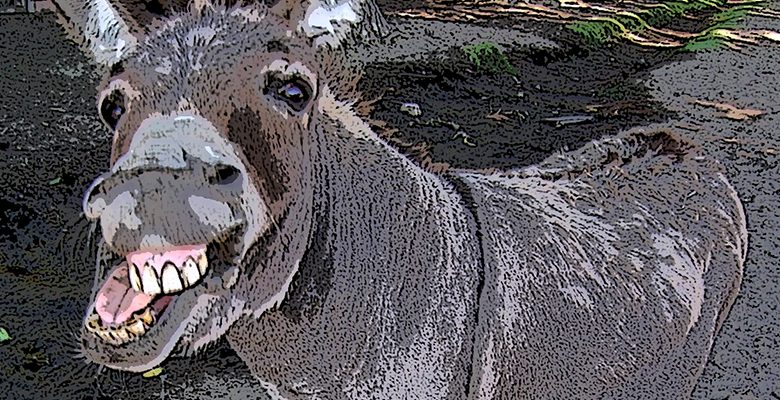Money and markets have been around for thousands of years. Yet as central as currency has been to so many civilizations, people in societies as different as ancient Greece, imperial China, medieval Europe, and colonial America did not measure residents’ well-being in terms of monetary earnings or economic output.
In the mid-19th century, the United States—and to a lesser extent other industrializing nations such as England and Germany—departed from this historical pattern. It was then that American businesspeople and policymakers started to measure progress in dollar amounts, tabulating social welfare based on people’s capacity to generate income. This fundamental shift, in time, transformed the way Americans appraised not only investments and businesses but also their communities, their environment, and even themselves.
Today, well-being may seem hard to quantify in a nonmonetary way, but indeed other metrics—from incarceration rates to life expectancy—have held sway in the course of the country’s history. The turn away from these statistics, and toward financial ones, means that rather than considering how economic developments could meet Americans’ needs, the default stance—in policy, business, and everyday life—is to assess whether individuals are meeting the exigencies of the economy.
. . .
Until the 1850s, in fact, by far the most popular and dominant form of social measurement in 19th-century America (as in Europe) were a collection of social indicators known then as “moral statistics,” which quantified such phenomena as prostitution, incarceration, literacy, crime, education, insanity, pauperism, life expectancy, and disease. While these moral statistics were laden with paternalism, they nevertheless focused squarely on the physical, social, spiritual, and mental condition of the American people. For better or for worse, they placed human beings at the center of their calculating vision. Their unit of measure was bodies and minds, never dollars and cents.
And today, we’re all judged by the car we drive and the brand of sneakers we wear.
Cast off the yoke of crass commercialism!


Quoting The Atlantic seems lazy and hypocritical. No writer for The Atlantic lives in a regular residential neighborhood, eats street for or anything remotely like how people in El Paso live. “Here dumb people, think of money the way I think you should think of money, although I have much, much more than you and screw you for wanting more yourself., selfish climate destroying bastard” – The Atlantic
I guess Thurston Howell III Communist Edition was unavailable.
Officer Johnny, what are you on about? I’m trying to make sense of what I can only hope were typographical errors.
I am “on about” using wealthy people to write communistic diatribes about how the peasants should live. Maybe you did not read the article you posted.
“For better or for worse, they placed human beings at the center of their calculating vision. Their unit of measure was bodies and minds, never dollars and cents.” Only rich people tell poor people that money is not everything, and to be happy riding the bus.
I’m pretty sure that most rich people aren’t communists, and what passes for capitalism these days isn’t working for lots of Americans.
OfficerJohnny makes a good point. This came home for me last year as I watched COP26 unfold in Glasgow. For the record, I know some people who were there as dedicated environmentalists (I count myself among them) and I affiliate in some of their groups, like Gaiaeducation. But there were 400 private jets there as reported by The Daily Mail.
Now I can see a head of state and cabinet level attendees flying in private jets, e.g., Brandon and Kerry. But the only reason private jet attendees like Bezos were there was to make sure that, whatever sacrifices were agreed upon for the peasants, they keep their jets and yachts.
You can reframe our current culture war as a class war between political and media elites versus the working class; people who work in the information economy versus people who work in the physical economy; a backpacking birdwatching mostly white middle class environmental elite (i.e., me) versus rural blue collar folks like farmers and ranchers.
Every light we carry in ourselves casts a shadow that we own, too.